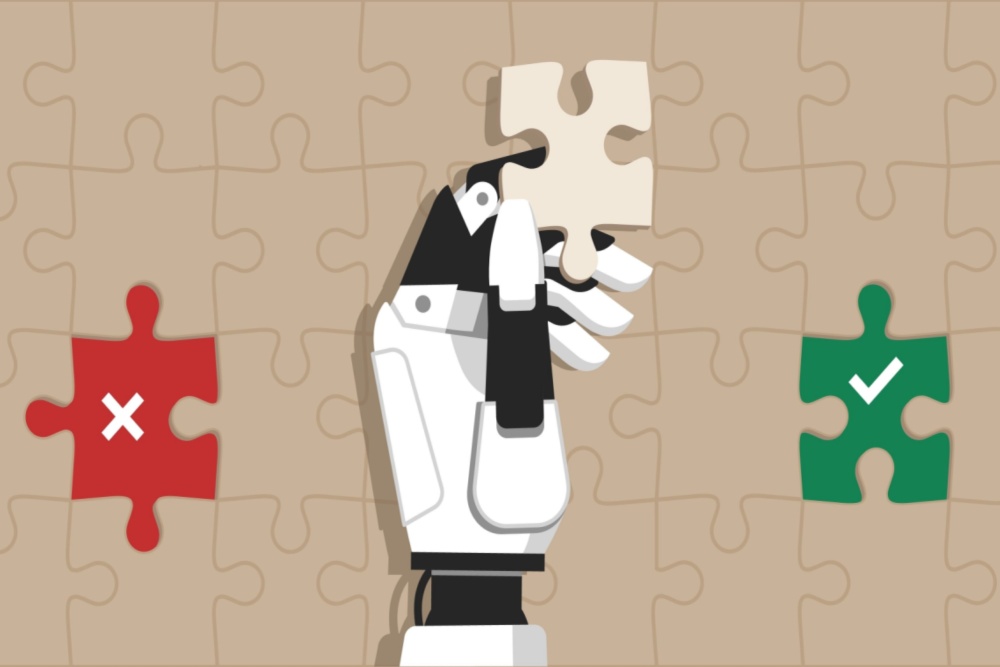I’ve written several posts this year about Viva, Microsoft’s new employee experience platform. The term “employee experience” (or as HR pros call it, “EX”) became a hot buzz-phrase over the past couple of years, gaining popularity even before the pandemic. Now, according to experts, it is more important than ever for employees to feel valued and connected. Those kinds of positive emotions translate into retention and engagement, which in turn effects the bottom line. Which is why employee experience platforms – groupings of tools that both get work done and address employee well-being — have been cropping up since 2019. So, here’s why your organization may want to consider Microsoft Viva or a similar product right now.
What exactly is meant by the “employee experience”?
HR technology expert and research analyst Josh Bersin defines the employee experience as “a company-wide initiative to help employees stay productive, healthy, engaged, and on track [that] deals with all the day to day issues employees face at work.” And that experience should encompass the entire employee journey, from onboarding to off-boarding and everything in between. It’s holistic, focusing on all aspects of employees’ daily tasks while addressing their physical and mental wellbeing. And his reference to “a company-wide initiative” means the task shouldn’t fall to one person or department. In other words, everyone in the organization has a part to play. Incorporating innovative tools like RIPPL can play a crucial role in this effort. They provides a platform for real-time feedback and continuous communication, allowing employees to voice their concerns and suggestions easily. Companies can enhance engagement through various strategies, such as recognizing achievements, offering professional development opportunities, and fostering a collaborative and inclusive workplace culture. By leveraging such technology, organizations can address issues promptly and tailor their strategies to meet employees’ evolving needs.
Why you should consider an EX platform now
Years before the pandemic, companies worldwide had already started addressing their staff’s well-being. As people began spending more time at the office, HR departments and company leaders addressed this by implementing physical perks. Office gyms, “nap pods”, in-house game rooms and free meals and snacks made their appearance. Once the pandemic hit and we were all sent home to work, those sorts of workplace perks became meaningless. Yet the expectations of long hours and high productivity remained. The result for many has been stress and burnout, coupled with the isolation that comes from working alone. Implementing an employee experience platform might be just what the doctor ordered.
A multitude of benefits
The entire purpose of an EX platform is to make the overall employee experience better, thereby positively impacting the organization as a whole. Here’s what you can expect:
Increased engagement
Engagement comes from feeling connected to an organization, and that feeling is built through interactions, collaboration, and culture. These are all areas of focus within an EX platform. Highly engaged employees are more productive, make fewer mistakes, help boost team morale, and are less likely to leave. One key component of this engagement is the implementation of team engagement activities. These activities are designed to strengthen relationships among team members, improve communication, and align personal goals with organizational objectives. When employees actively participate in team activities, they are more likely to feel invested in their roles, which translates into increased productivity, fewer mistakes, and a more positive work environment. Ultimately, a well-engaged workforce is not only more effective but also more likely to remain committed to the organization.
Boosted productivity
Think about how many times a day you find yourself switching between apps, searching for information, and completing repetitive tasks. It’s easy to see how much time is wasted! An employee experience platform solves this problem by grouping the tools employees need into one place and automating repetitive tasks. It can also provide analytics to help people “work smarter”.
Re-energized company culture
With the move to remote and hybrid workplaces, an organization’s culture might feel diluted. With all those weekly team lunches or Casual Fridays now gone (or greatly scaled back), something needs to fill that community void. By creating a unified virtual workplace filled with company news, uplifting personal announcements (new babies, marriages) and organized virtual events, however, a sense of inclusivity and comraderie can be restored.
Better retention
This is an easy one: A happy, fulfilled employee is an employee who wants to stick around. And considering how expensive it can be to recruit, train, and onboard new staff, this makes the employee experience platform a worthwhile investment.
Improved employee wellbeing
Long workdays, whether in the office or at home can lead to stress, burn-out and high employee turnover if staff don’t feel supported by their organization. Remote employees are at an even higher risk: Studies show that during the pandemic, workers spent an average of 2 hours more on their laptops than they did at the office. An employee experience platform can be designed to address employee needs, supporting both their physical and mental wellbeing. Things like virtual coffee breaks, social channels, and a place to post articles and videos on meditation and yoga are just a few examples of how an EX platform can be used to bring some fun and stress relief to staff.
Read all about it
To learn more of exactly what EX is all about, you might want to check out Josh Bersin’s “Employee Experience: The Definitive Guide” which you can download here. If you feel you know enough about the topic (or it all just inherently makes sense to you, as it does me), maybe start exploring the employee experience platforms already on the market. As Microsoft Teams users, we at CGNET are about to try out Viva. (We are installing the Viva Connections module, which is the central hub of the platform and runs inside of Teams. It is also free to anyone with Teams and SharePoint licenses.) I plan to report back with how it is working for us, so check back in soon!





0 Comments